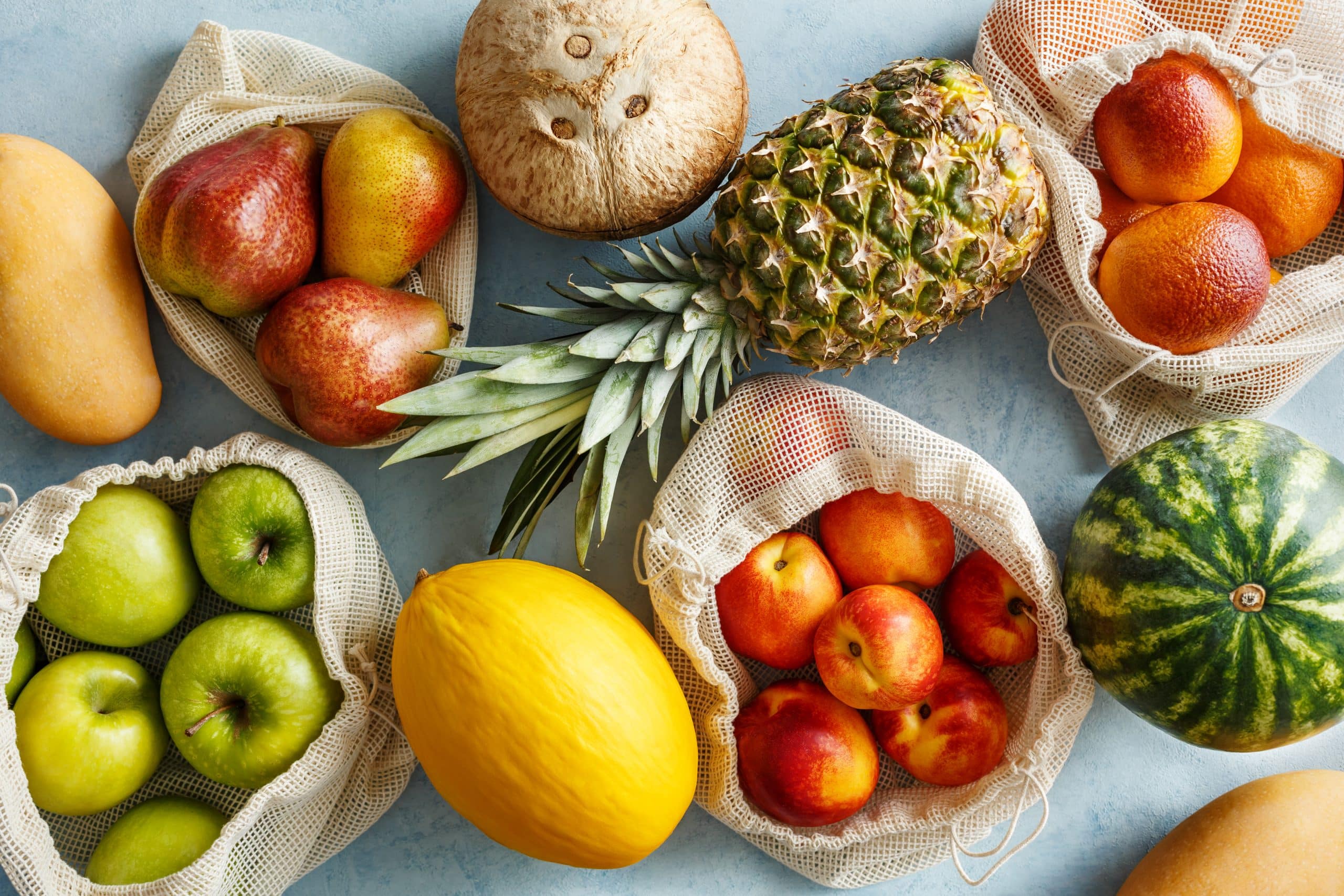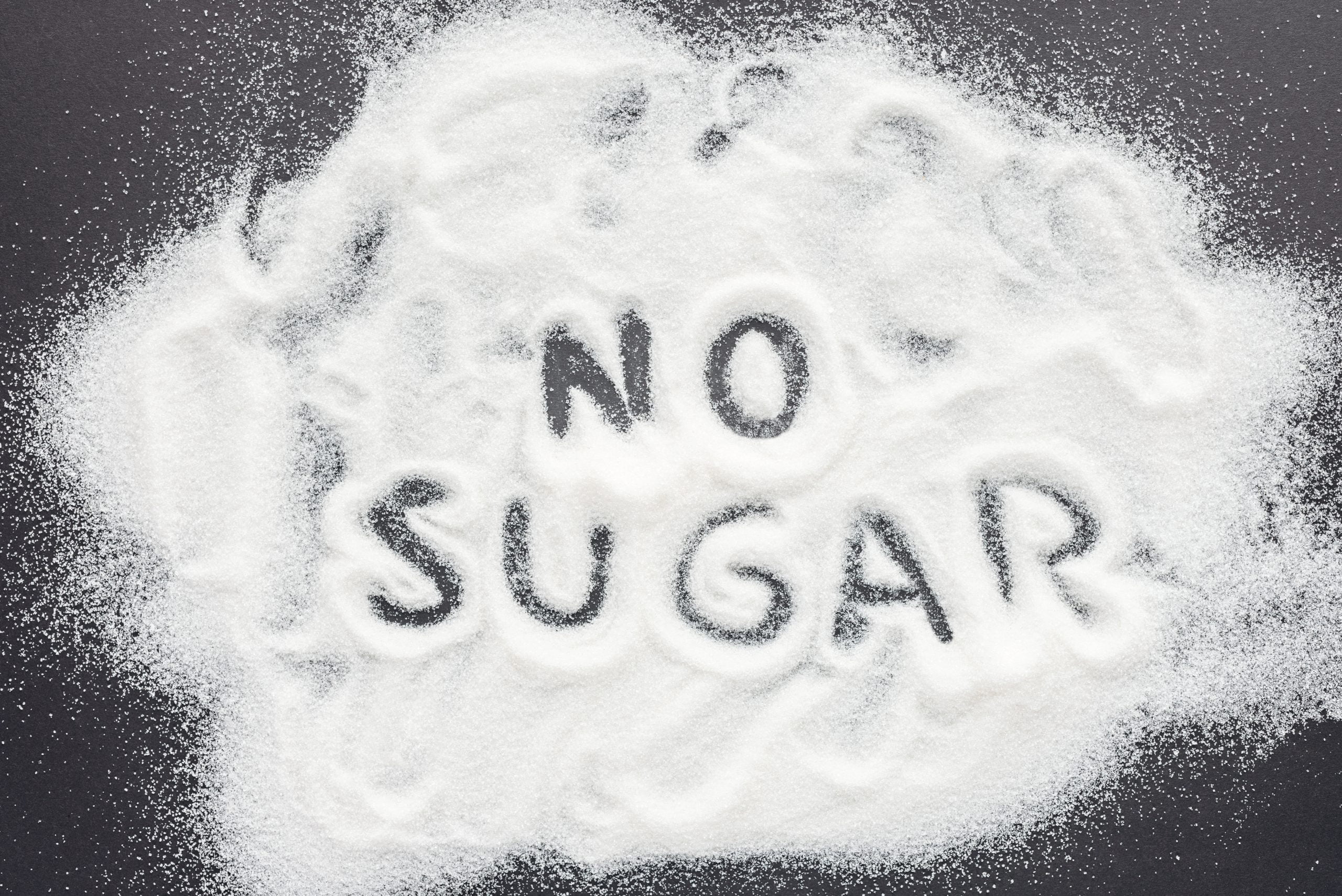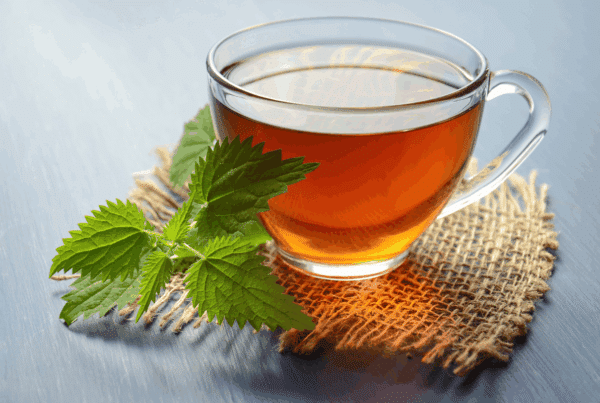Refined sugar is that sugar that has undergone a refining process to remove impurities and obtain a fine, crystalline structure. We will list several forms of refined sugars that are often present in food products.
White sugar - it most often appears in the foods we consume and is obtained from sugar beet or cane. During the refining process, almost all natural nutrients are lost and almost pure sucrose remains.
Brown sugar - obtained by adding molasses to refined white sugar, it can be darker or lighter depending on the amount of molasses added. It is a shade more nutritious than white sugar.
Powdered sugar – finely ground white sugar is usually used for sprinkling cakes, also very harmful. High fructose corn syrup is a sweetener that you will often find in various food products if you read the declarations. It is produced from corn starch, and through the refining process it is turned into a syrup with a very high fructose content.
There are many reasons why many people today prefer alternatives to refined sugars. First of all, they have less impact on blood sugar spikes. Refined sugars have a high glycemic index, so they quickly increase blood sugar levels. This leads to a rapid release of insulin and damage to long-term health.
The nutritional value of refined sugars is often without any positive significance for our health and the calories of these sugars are usually called "empty" calories, while alternatives to refined sugars often have various useful nutrients such as vitamins, minerals and antioxidants.
With excessive and long-term consumption of refined sugars, we put our bodies at risk of various diseases such as obesity, type 2 diabetes, heart disease, etc. By replacing refined sugars with alternatives, we can contribute to reducing the risk of these diseases and maintaining long-term health.
Another positive thing about refined sugar alternatives is that they often have distinctive flavors that many people prefer. This can provide variety in eating and enjoying healthy foods.
Types of sugar in products
- White sugar - Sucrose (glucose + fructose) - The most to avoid, limit intake as much as possible
- Invert sugar – Glucose + fructose - This sugar is mostly found in confectionery products (bakeries, pastry shops, industrial products), also limit its intake
- Dextrose, maltose, glucose dextrins - They raise the blood sugar level very quickly, it is necessary to limit the intake.
- Maltodextrin - Very high glycemic index, avoid
- Glucose, glucose-fructose, fructose, corn, high-fructose syrups – Avoid all this
- Lactose - Milk sugar, a completely natural ingredient in dairy products and completely safe for those who are lactose intolerant
The best alternatives to refined sugars
Honey
Honey is a natural sweetener rich in nutrients such as vitamins, minerals, antioxidants and enzymes. It has slightly more calories than sugar, but because of its sweet taste, it is often used as a substitute in baking or to sweeten drinks. There is a wide range of types of honey each with a different aroma and taste.
Liquid Stevia
Stevia is a natural sweetener obtained from the plant Stevia rebaudiana and is an endemic species of South America. It is low in calories and has a negligible effect on blood sugar levels. Stevia is much sweeter than sugar, even up to 200 times sweeter, so a smaller amount is needed to achieve the same taste. It has negligible caloric value and minimal impact on blood sugar levels. It does not cause caries, because it does not damage tooth enamel at all. It is considered a safe alternative for consumption by people with diabetes.
Coconut sugar
Coconut sugar is obtained from the sap of the coconut palm. It has a sweet taste with hints of caramel and has a lower glycemic index than regular sugar. It also contains some minerals and fibers that help slow the release of energy.
Agave syrup
Agave syrup is a sweetener obtained from the agave plant. It has a low glycemic index and can be used as a substitute for sugar in many dishes and drinks. Agave syrup is sweet, but has a slightly different taste compared to sugar.
Maple syrup
Maple syrup is a natural sweetener obtained from the sap of the maple sugar beet or maple tree. It has a rich flavor and can be used to sweeten pancakes, puddings or other dishes. It contains various minerals such as manganese, potassium, zinc. It should be remembered that maple syrup contains calories and sugars, so it should be used in moderation.
Fruit
Fresh or dried fruit can be a natural alternative to refined sugar. Fruit contains natural sugars, but also fiber, vitamins and minerals. Most fruits are low in calories and can be beneficial when it comes to maintaining a healthy body weight. Due to the amount of fiber, it helps maintain a feeling of satiety. You can use mashed fruit or fruit puree as a substitute for sugar in some recipes.

Why is it important to avoid refined sugar?
Refined sugars often lead to weight gain. They can lead to problems with the regulation of blood sugar, and therefore to the development of diabetes.
Increased risk of heart disease - they affect the level of triglycerides, LDL, blood pressure. They cause problems with the teeth, because the bacteria in the mouth feed on sugar and produce acid that leads to tooth damage. It can lead to insulin resistance. It stimulates inflammatory processes in the body.
It is important to note that although the listed alternatives have some advantages over refined sugar, they should be used in moderation. Excessive intake of any sweetener, even natural, can have negative health consequences. It's always best to consult with a nutritionist or doctor to tailor your diet to your health needs and goals.









